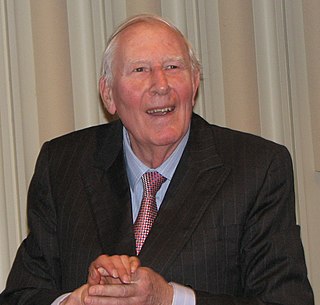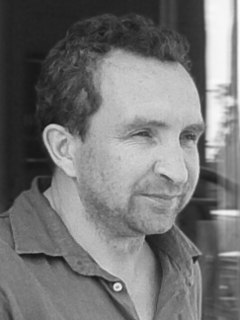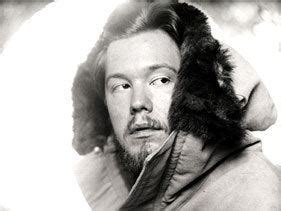A Quote by Roger Bannister
There were only 170 neurologists in Britain then and, whether spoken or unspoken, there was this insidious feeling. How can Bannister, a mere athlete, probably spoilt by all the publicity and fame, dare aspire to neurology? But I'd done a lot of research, and my academic record was very good.
Related Quotes
Well, my dad was into music, but he wasn't into me being into music. In my house when I was a kid, when I was real young, my dad wanted us all to play sports, and we were jock-like. We had a lot of money. And my brother was sort of the light of our family, and he was a good athlete. And I wasn't a very good athlete, but I tried to be. And then when I was 15 my dad went bankrupt, and we moved to Houston. And I went with him, but then I went back to Portland.
There's three things that as a professional athlete you want. You want to get to the big leagues, and I accomplished that. Winning a World Series ring, I got that. And then getting to the Hall of Fame. That's everybody's dream. Every athlete, they want to be up there in the Hall of Fame, mentioned with the greatest players to ever play this game.





































